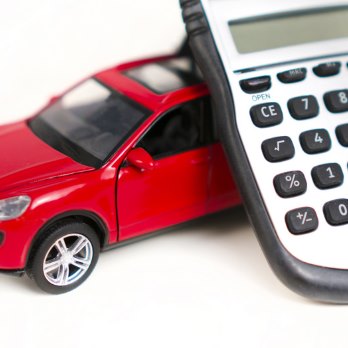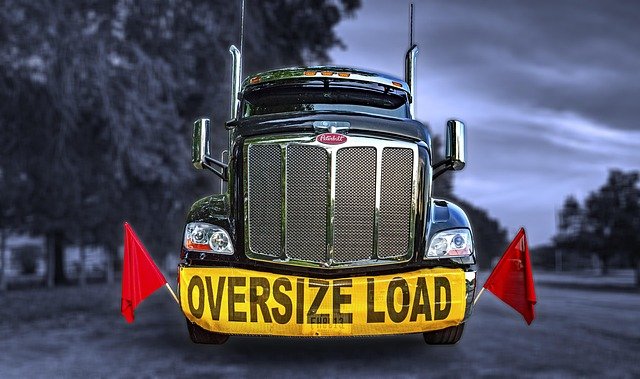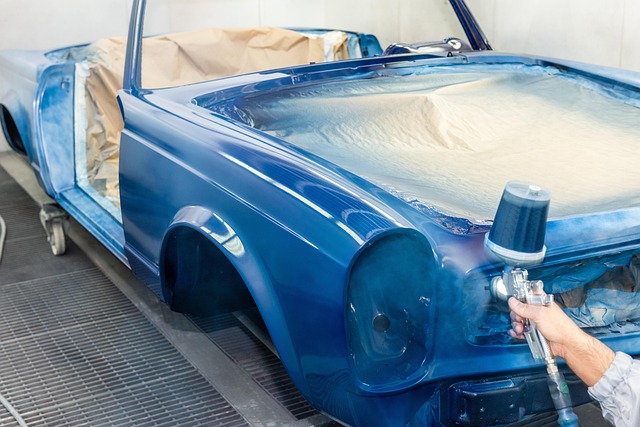Complete Guide to Buying and Maintaining Used Cars and Bikes
Used cars and bikes offer budget-friendly transportation with diverse models and mileages. Evaluating maintenance records, wear, and safety features helps judge long-term value. Test rides and inspections clarify performance, while pricing guides and history reports inform decisions.

Understanding Used Cars and Bikes Market Dynamics
The used vehicle market offers substantial opportunities for cost-conscious buyers seeking reliable transportation. Used cars typically depreciate 20-30% in their first year, making them attractive alternatives to new vehicles. Similarly, used motorcycles can provide excellent value, especially for commuting or recreational purposes. Market conditions, seasonal demand, and vehicle history significantly impact pricing and availability across different regions.
Researching vehicle history through services like Carfax or AutoCheck helps identify potential issues before purchase. Mileage, maintenance records, and accident history directly influence both immediate costs and long-term reliability. Understanding these factors enables buyers to negotiate effectively and avoid costly surprises.
Essential Used Cars and Bikes Guide for First-Time Buyers
Successful vehicle purchasing requires systematic evaluation of your transportation needs, budget constraints, and financing options. Consider factors like daily commute distance, passenger requirements, cargo space, and fuel efficiency when selecting between cars and motorcycles. Used vehicles often require more frequent maintenance than newer models, so factor these ongoing costs into your budget planning.
Inspection procedures should include checking engine performance, transmission operation, brake condition, tire wear patterns, and electrical systems. For motorcycles, additional considerations include chain condition, suspension components, and safety equipment functionality. Professional pre-purchase inspections typically cost $100-200 but can identify thousands of dollars in potential repair needs.
Critical Used Cars and Bikes Information for Smart Purchasing
Financing options vary significantly between dealerships, credit unions, and banks, with interest rates ranging from 3-15% depending on credit scores and loan terms. Used vehicle loans typically carry higher rates than new car financing but remain more affordable than personal loans. Understanding your credit score and shopping for pre-approved financing strengthens your negotiating position.
Insurance costs differ substantially between cars and motorcycles, with motorcycle insurance generally costing less for liability coverage but potentially more for comprehensive protection. Factors affecting premiums include vehicle age, engine size, safety ratings, and your driving history. Obtaining insurance quotes before purchase helps avoid budget surprises.
Maintenance and Ownership Cost Considerations
Ongoing ownership expenses extend well beyond monthly payments, encompassing fuel, insurance, maintenance, repairs, and registration fees. Used vehicles typically require more frequent service intervals and may need significant repairs as components age. Establishing relationships with trusted mechanics and understanding common issues for your specific vehicle model helps manage these costs effectively.
Regular maintenance schedules prevent costly breakdowns and preserve resale value. Oil changes, tire rotations, brake inspections, and fluid replacements represent predictable expenses that vary by vehicle type and usage patterns. Motorcycles generally have lower maintenance costs but require specialized knowledge and tools for many procedures.
Cost Comparison and Provider Analysis
| Vehicle Type | Average Purchase Price | Annual Insurance | Maintenance Costs | Fuel Efficiency |
|---|---|---|---|---|
| Used Sedan | $15,000-25,000 | $1,200-1,800 | $800-1,200 | 25-35 MPG |
| Used SUV | $18,000-35,000 | $1,400-2,200 | $1,000-1,500 | 20-28 MPG |
| Used Truck | $20,000-40,000 | $1,300-2,000 | $1,200-1,800 | 18-25 MPG |
| Used Motorcycle | $3,000-12,000 | $400-800 | $300-600 | 35-60 MPG |
| Used Scooter | $1,500-5,000 | $200-400 | $200-400 | 60-100 MPG |
Prices, rates, or cost estimates mentioned in this article are based on the latest available information but may change over time. Independent research is advised before making financial decisions.
Long-Term Value and Resale Considerations
Vehicle depreciation continues throughout ownership, though at slower rates after the initial years. Factors affecting resale value include brand reputation, maintenance history, mileage accumulation, and market demand for specific models. Popular models with strong reliability records typically retain value better than luxury vehicles or those with known mechanical issues.
Keeping detailed maintenance records, addressing minor issues promptly, and maintaining clean interior and exterior conditions help maximize resale value when you’re ready to upgrade. Understanding depreciation patterns for your specific vehicle type helps inform decisions about repair investments versus replacement timing.
Vehicle ownership represents a complex financial commitment requiring careful planning and ongoing attention to maintenance needs. By understanding market dynamics, financing options, and total ownership costs, buyers can make informed decisions that provide reliable transportation while managing long-term expenses effectively. Whether choosing cars or motorcycles, thorough research and realistic budgeting ensure positive ownership experiences.




